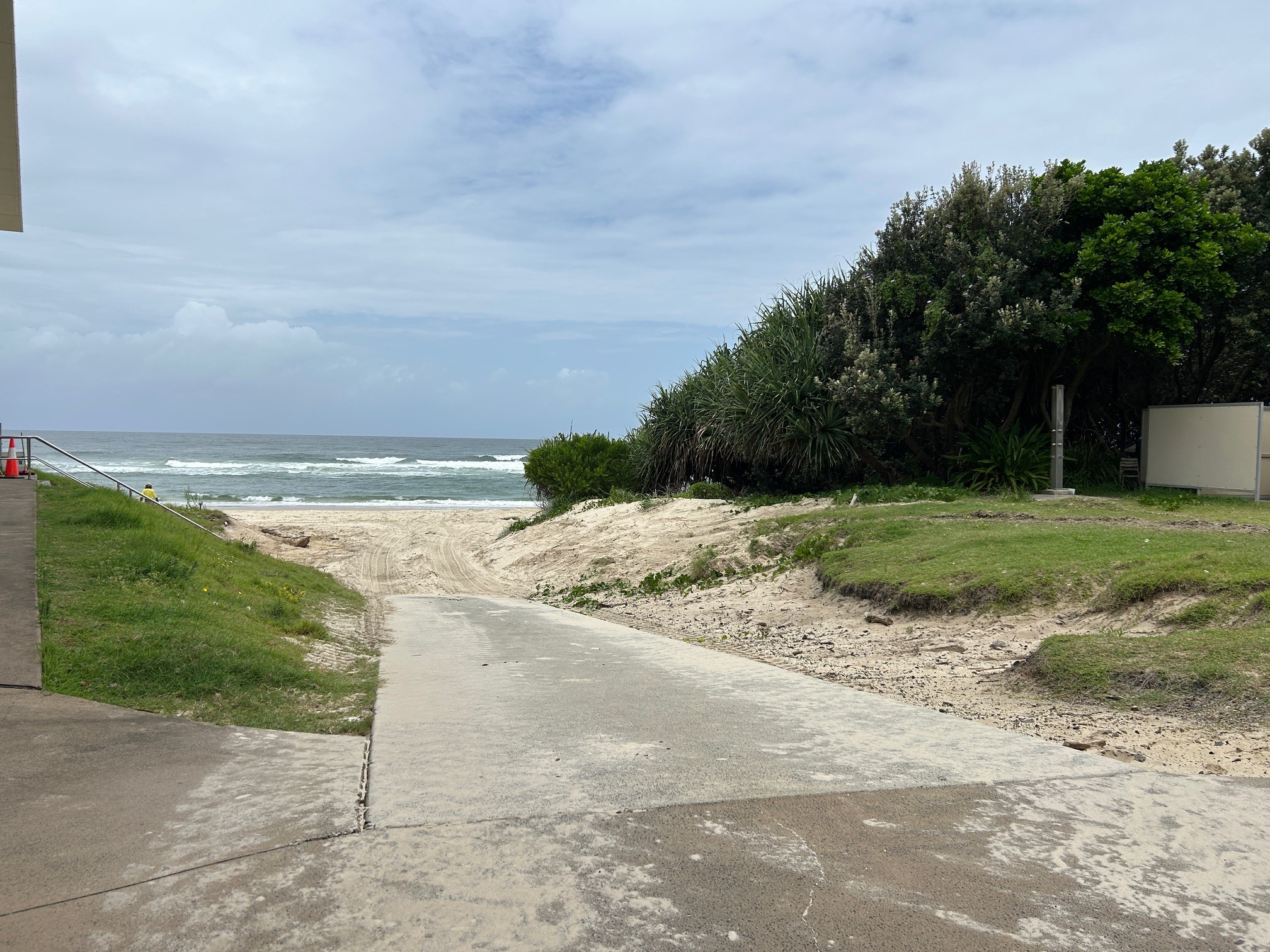Australians are in danger of wasting their money on unproven complementary medicines and therapies, which could not only have serious side effects but could also leave them unable to pay for evidence-based treatments.
The AMA has released its updated Position Statement on Complementary Medicine 2018, which reflects changes to State laws and national monitoring systems that have come into place since the Position Statement was last reviewed in 2011-12.
AMA President, Dr Tony Bartone, said that Australian complementary medicine industry revenue had doubled over the past 10 years to $4.9 billion annually, including $630 million on herbal products and $430 million on weight loss products in 2017.
“While the AMA recognises that evidence-based aspects of complementary medicine can be part of patient care by a doctor, there is little evidence to support the therapeutic claims made for most of these medicines and therapies,” Dr Bartone said.
“The majority of complementary medicines do not meet the same standards of safety, quality, and efficacy as mainstream medicines, as they are not as rigorously tested.
“Some can cause adverse reactions, or interact with conventional medicine. Most just don’t do anything much at all.
“But they do pose a risk to patient health, either directly through misuse, or indirectly if a patient puts off seeking medical advice, or has spent so much on these products that they cannot afford necessary, evidence-based treatment.
“Children are particularly vulnerable, as diagnosing and treating illness in children is complex. A doctor must be involved in any diagnosis and ongoing treatment plan, including the use of complementary medicine.”
Dr Bartone said the AMA had long advocated for better regulation of non-registered health practitioners, such as naturopaths, herbalists, and Ayurveda practitioners.
“We have seen some positive changes over the past six years,” Dr Bartone said.
“All States and Territories now have regulations to protect Australians from unsafe and unethical practitioners.
“All unregistered practitioners must comply with a code of conduct, and they can be sanctioned or banned if they breach the code.
“But we still do not have a national, public register of non-registered practitioners who have been banned from working in their State or Territory, despite all Governments agreeing in 2015 to establish one.
“This register should be established as quickly as possible to alert the public and potential employers of any risks.”
The AMA Position Statement on Complementary Medicine 2018 is at
Background
- Complementary medicine includes a wide range of products and treatments with therapeutic claims that are not presently considered to be part of conventional medicine.
- These include herbal medicines, some vitamin and mineral supplements, other nutritional supplements, homeopathic formulations, and traditional medicines such as ayurvedic medicines and traditional Chinese medicines.
- Complementary therapies include acupuncture, chiropractic, osteopathy, naturopathy, and meditation.
- Registered health practitioners are those who are registered under the Health Practitioner Regulation ³Ô¹ÏÍøÕ¾ Law in force in each State and Territory. They include doctors, nurses, dentists, occupational therapists, and other allied health practitioners.







